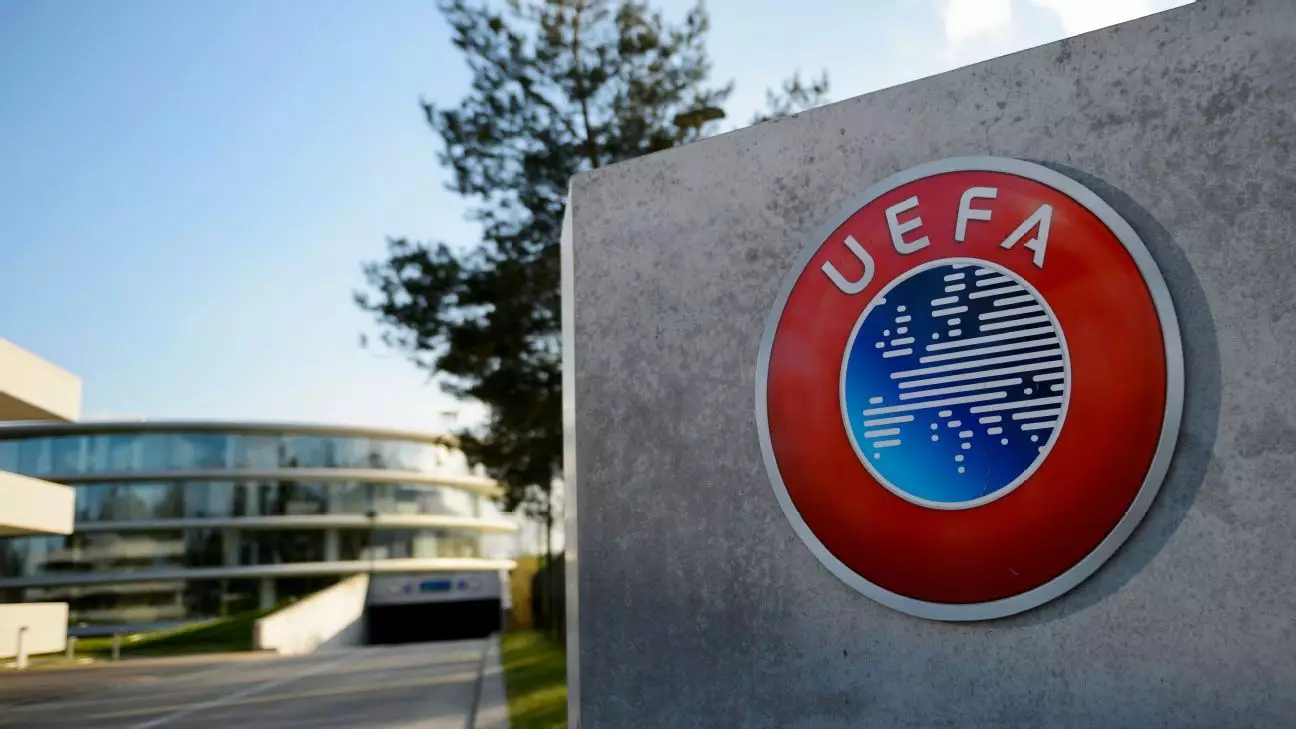The idea of a European Super League (ESL) surfaced back in 2021, introduced by 12 significant football clubs as a way to revolutionize the continental tournament structure. However, the response was overwhelmingly negative, driven largely by fans who felt excluded from the decision-making processes. The backlash was so severe that key clubs rapidly withdrew their support, leading to a swift collapse of the initiative. This single event ignited a robust discussion about the governance of football at the club level and the interests of fans versus those of elite clubs.
Recently, a rebranding of sorts has come to light with the announcement of the Unify League, purportedly backed by a sports development consultancy named A22. The new model proposes a 96-club format organized into four leagues, characterized by a merit-based system rather than automatic placements for the founding clubs. A22 claims that this structure will enhance competitiveness compared to existing UEFA tournaments. This merits-based approach ostensibly seeks to allure fans with promises of free streaming and the classic home-and-away match format.
Despite these ambitious claims, the reaction from the European Leagues—a coalition of 39 leagues across 33 countries—was swift and dismissive. They stated that they had not been consulted regarding the relaunch of this proposal, reinforcing their commitment to the traditional model of club qualification based on domestic performance. The European Leagues expressed concerns that A22’s model could exacerbate an already crowded calendar of international matches, jeopardizing the integrity of domestic leagues.
The issues raised by the European Leagues focus on a fundamental tension between domestic competitions and international aspirations. Football is deeply rooted in local cultures and community affiliations, and any initiative that undermines the importance of domestic leagues risks alienating fans. The overwhelming sentiment is that the integrity of these leagues should remain paramount, and any attempts to dilute their significance in favor of lucrative international alignments will not be well-received.
While the concept of a European Super League or any derivative may seem ambitious, it faces significant hurdles in terms of acceptance and implementation. Stakeholders, including fans, clubs, and domestic leagues, maintain a powerful voice in the game. The ongoing discussion around the future of European football will likely pivot around their perspectives and needs. Therefore, any proposal not firmly rooted in collaboration and inclusivity risks falling short, echoing the failures of the ESL. The future of European football hinges not only on the interests of elite clubs but on a broader acknowledgment of the integral role that domestic competitions and fans play in shaping the landscape.

Leave a Reply